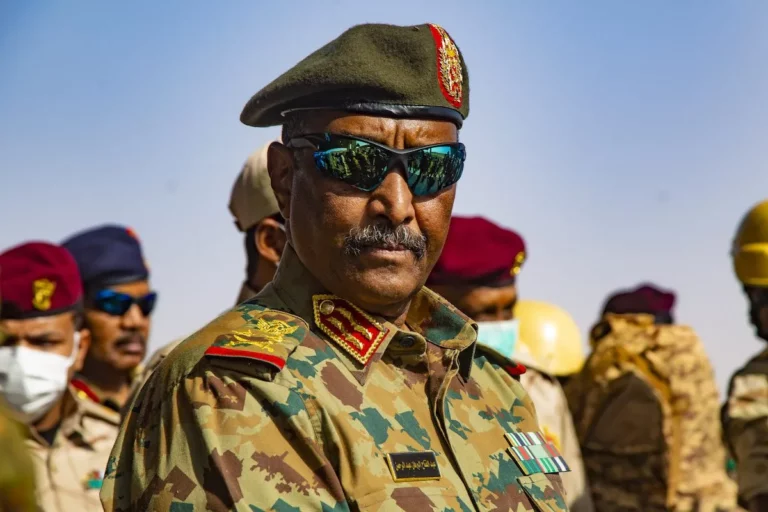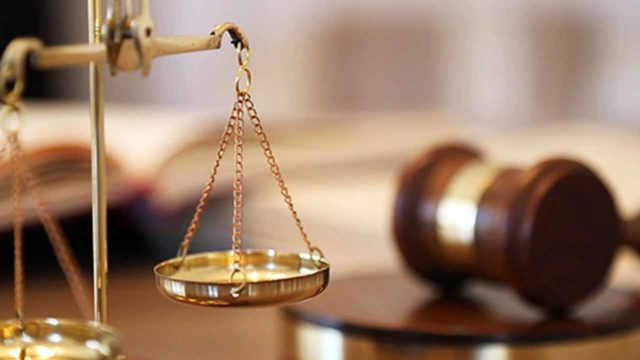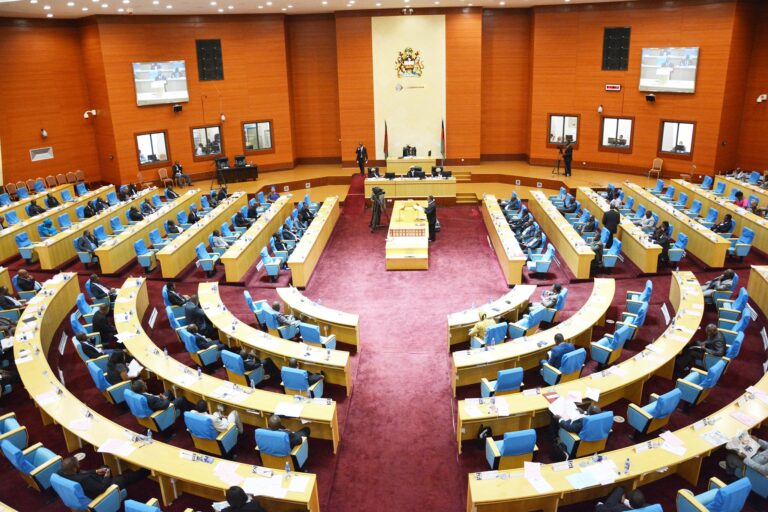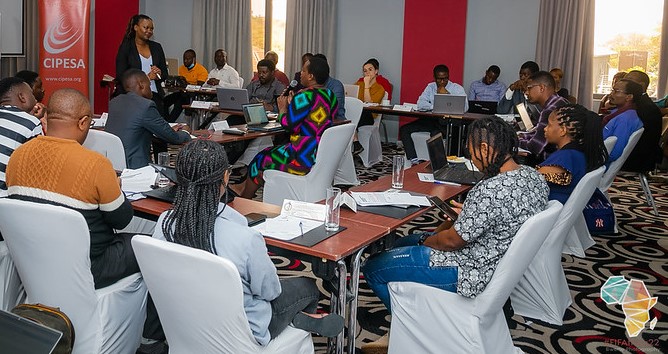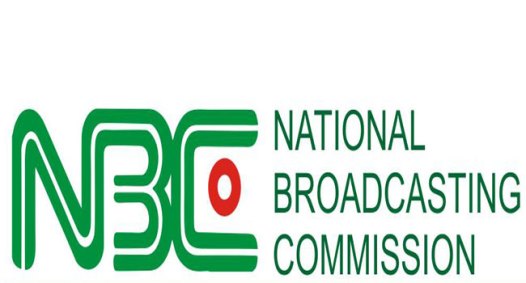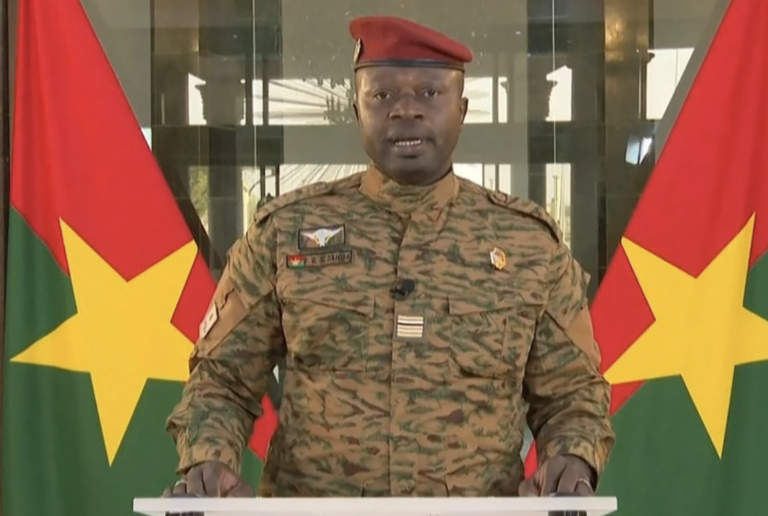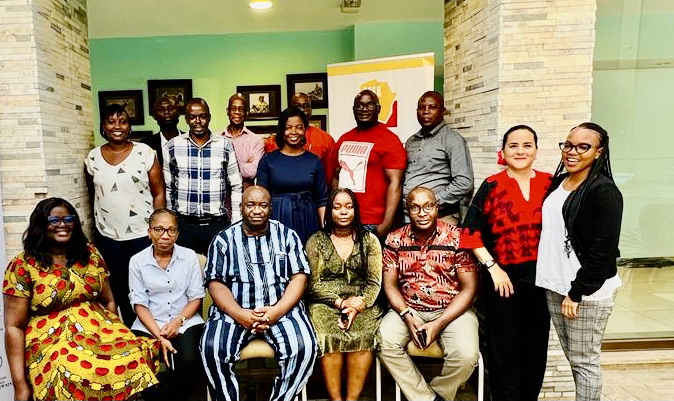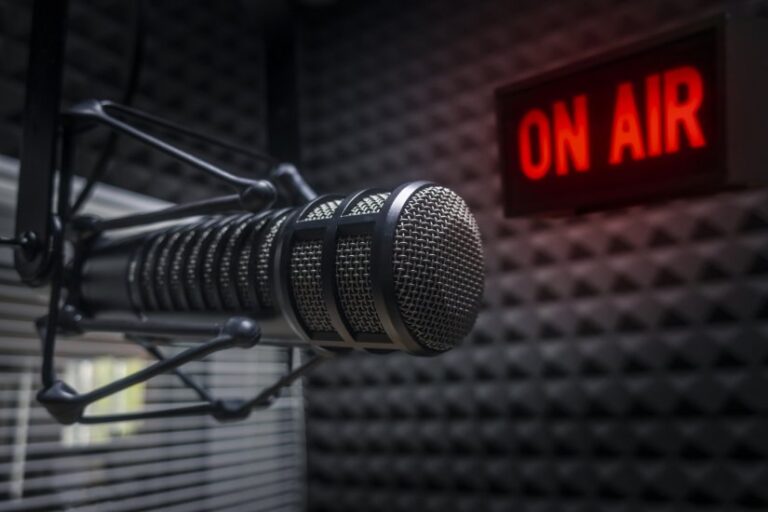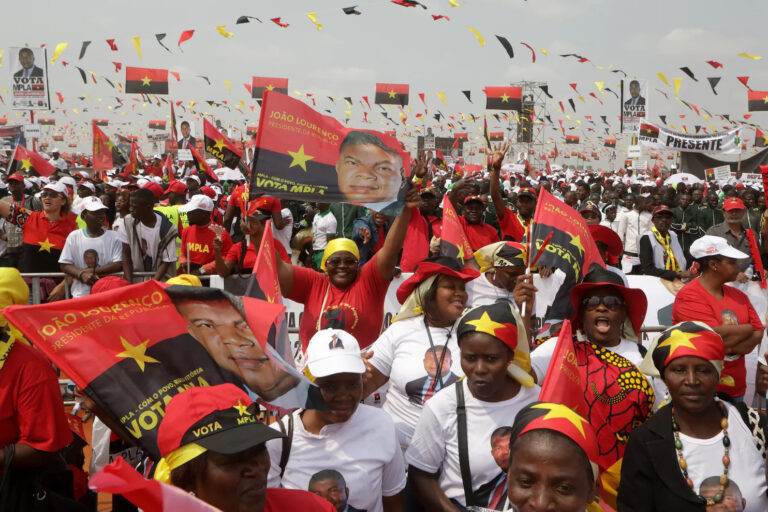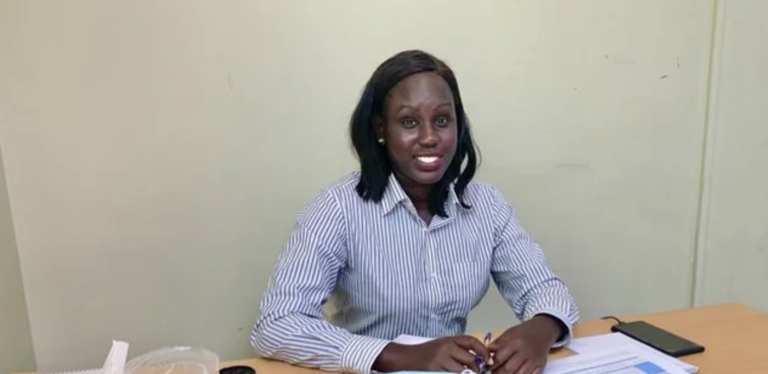Nigeria will hold its seventh general elections in the democratic era in February 2023 with the build-up to the polls proving ominous for the media. President Muhammadu Buhari, a retired military general, had promised that one of the legacies he would leave behind is free and fair elections, in emulation of his predecessor, Dr. Goodluck Jonathan, who is hailed to have handed over power after organizing rancour-free elections.
Buhari has also on multiple occasions touted his administration as having upheld press freedom and freedom of expression, and recently reaffirmed this position in the build-up to the 2023 polls.
“We must stay united in supporting media professionals who work hard to de-escalate violent conflict and promote peaceful societies without compromising the responsibility to report,” he said, pledging to ensure the protection of the rights and privileges of journalists in the discharge of their professional duty.
But so far, the president’s administration has utterly failed to deliver on the assurances of press freedom. In the past few months since campaigns for the 2023 elections kicked off, there have been a clampdown on press freedom and freedom of expression, with several officials close to President Buhari among the culprits.
Campaign council demands journalists’ sacking
In one of the most recent cases, the Presidential Campaign Council (PCC) of the president’s political party, the All Progressives Congress (APC), allegedly asked that journalists Shaka Momodu and Rufai Oseni of the Arise Media Group be sacked by their employers over “unfavourable reportage” on the APC presidential candidate, Bola Tinubu.
Momodu is a columnist and the editor of THISDAY Newspaper, Oseni is a co-host of The Morning Show on the media group’s TV station, ARISE News.
In a joint editorial published on December 12, the boards of editors of THISDAY Newspaper and ARISE News disclosed that they had been receiving calls from some APC campaign officials who apparently were unhappy at the work of journalists Momodu and Oseni.
“We also note that two senior APC campaign officials had separately requested that we move THISDAY Editor and columnist, Shaka Momodu, and The Morning Show co-host on ARISE News, Rufai Oseni, from their current positions to stop the attacks or get a reprieve from a future Tinubu presidency,” a paragraph in the editorial reads.
The editorial specifically accused the APC PCC Special Adviser on Media and Strategic Communication, Dele Alake, and the Director of Media and Publicity, Bayo Onanuga, of mounting pressure for the sack of the journalists.
The Media Foundation for West Africa (MFWA) observes that the Arise media group have been having issues with the APC and candidate Tinubu’s camp.
In the build-up to the 2023 elections, ARISE News has been organising a series of town hall meetings in which presidential candidates from all political parties are invited to discuss their manifestos and share their visions for the Nigerian people.
Tinubu, the presidential candidate of the APC, has refused to participate in the town hall meetings. His team and social media followers have repeatedly attacked and accused ARISE News of bias.
In November, Alake of the APC campaign council wrote a petition against ARISE News regarding news aired by the station that the country’s electoral umpire, the Independent National Electoral Commission (INEC), was considering investigating Tinubu for alleged money laundering and drug trafficking cases.
INEC dismissed the news as false and the media regulator, the National Broadcasting Commission (NBC), fined RISE News to the tune of NGN2 million (US$4,500).
Student activist arrested and detained
Another example which shows clearly that Buhari’s administration has not kept its word on upholding freedom of expression was the arrest of Aminu Adamu Muhammed, a 23-year-old final-year student of the Federal University Dutse, Jigawa State, in northwestern Nigeria.
Muhammed was arrested on November 8, 2022, by suspected federal security agents allegedly on the orders of President Buhari’s wife, Aisha. The student activist’s offence was a tweet he posted sometime on June 8 at which the first lady apparently took offense. In the Twitter post, the student trolled the first lady in Hausa: “Su mama anchi kudin talkawa ankoshi,” whose literal translation means: “the mother has gotten fat by eating [the] masses’ money.” Muhammed posted his tweet alongside a recent picture of the now plump Aisha, compared to widely circulated pictures of her slender stature when her husband was being sworn in for his second mandate in 2015.
Eyewitnesses said the student was beaten by the security agents before being taken away from the university campus to Abuja, where he was detained in a prison facility till December 2.
Activist and lawyer, Inibehe Effiong, said if Mrs Buhari felt defamed, she should have sued the student for libel, adding that the use of security forces to arrest and detain the victim was evidence of the culture of crass impunity.
“Section 39 of the 1999 Constitution guarantees freedom of expression. It is not acceptable to deploy state apparatus in such a draconian, vindictive and oppressive manner the way Mrs Aisha Buhari has done to settle personal scores,” he said.
Media houses shut down
In another move to suppress press freedom ahead of the 2023 elections, on October 15, 2022, the Zamfara state government, in northwestern Nigeria, shut down four broadcast stations: three television stations and a radio station.
The affected stations were the federal government-owned Nigeria Television Authority (NTA) and Pride FM as well as privately-owned Gamji TV and Al-Umma TV. All the stations are located in Gusau, the state capital.
The ban on the stations followed their coverage of a political rally organised by the opposition Peoples Democratic Party (PDP) in the state. The state governor, Bello Matawalle, is a member of the APC, President Buhari’s party.
However, two days after, after severe backlash, Matawalle reversed the order shutting down the media houses and tendered apologies to the outlets.
In a similar manner, on August 19, the broadcasting regulator, the National Broadcasting Commission, revoked the licences of 52 television and radio stations. Heavyweights including African Independent Television and Silverbird Television which are perceived to be opposition-leaning, were affected by NBC’s hammering.
NBC said the directive was consequent upon the stations’ indebtedness to it amounting to at least NGN2.6 billion (US$6.1 million). The regulator’s move has, however, provoked a flurry of criticisms by media and press freedom advocates as many wondered why NBC took the action in a period when the people required critical information that would define their choices in the upcoming 2023 elections.
On August 29, the Federal High Court in Lagos ruled against the Nigerian government’s decision to revoke the stations’ licences, maintaining that the media plays an essential role as a vehicle or instrument for the exercise of freedom of expression and information in the country.
Assault on journalists
On November 1, the majority leader in Nigeria’s House of Representatives, Alhassan Doguwa, reportedly assaulted Abdullahi Yakubu, a journalist working with the Leadership newspaper in Kano, the capital city of Kano State in northwest Nigeria.
Doguwa reportedly gave Yakubu a blow in his right ear when the journalist approached him to seek his account of a reported fight him (Doguwa) and Murtala Sule Garo, the APC candidate for deputy governor in Kano state.
However, Doguwa later apologised to Yakubu after the journalist dragged him to the magistrates’ court in the state.
On November 4, Kehinde Olatunji, a reporter with The Guardian Newspaper, was assaulted by Theophilus Akorede, an aide to the governorship candidate of the Peoples Democratic Party (PDP) in Lagos State, Olajide Adediran, popularly known as Jandor.
Akorede was said to have forcefully bundled Olatunji from Adediran’s campaign office because she had sat on the governorship candidate’s seat. Olatunji had to go to the hospital to be treated for minor pain and shock after the encounter.
On November 9, Mary Chinda, a journalist with Arise News, a privately owned television station, was injured after armed thugs attacked the convoy of Atiku Abubakar, the presidential candidate of the People’s Democratic Party in the forthcoming 2023 elections in Nigeria. The attack took place in Maiduguri, the capital of Borno State in northeast Nigeria and the epicentre of the Boko Haram terrorist group.
The media plays a critical role during elections by monitoring and reporting on the processes to ensure that they are transparent. They offer platforms for the contestants to amplify their manifestoes and also moderate discussions on the various issues at stake. When they are attacked, threatened or harassed, they cannot discharge this function effectively. The impairment of this crucial media watchdog role opens the door to abuse of the electoral process, with possible disputed outcomes.
In view of this, the MFWA calls on the government and all political parties in Nigeria to respect press freedom and ensure that journalists can work freely and safely before, during and after the general elections in February 2023.





